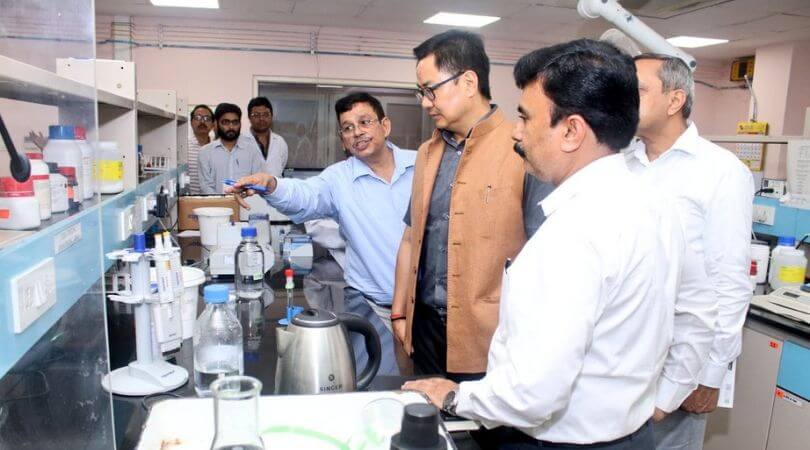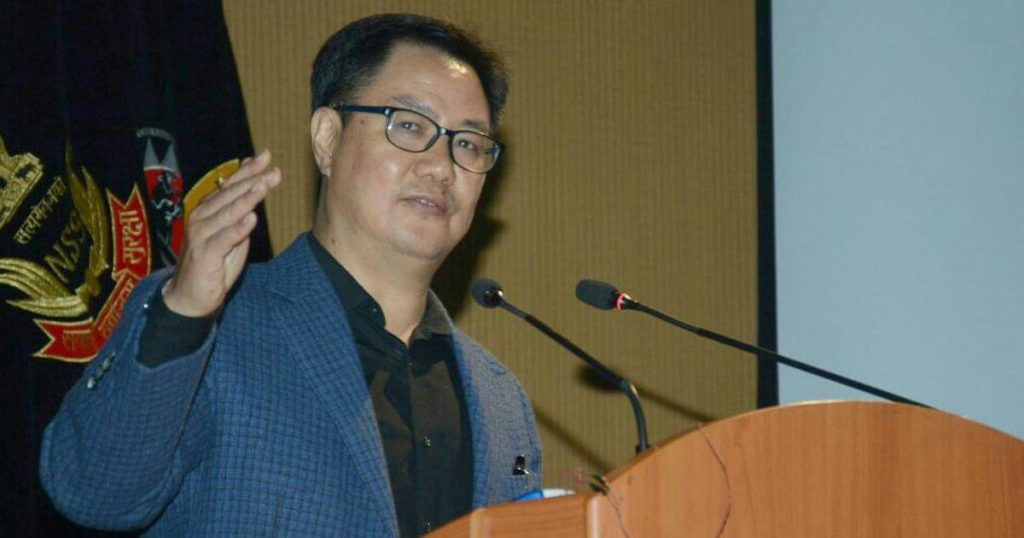Featured
India's dope testing laboratory suspended – An Opportunity for the country
With the NDTL suspension, coming just before the preparation for the Tokyo Olympics, there is wide-ranging disappointment, surprise and outrage.

The World Anti-Doping Agency (WADA) recently by a letter dated August 22 suspended India’s Dope Testing Laboratory (NDTL) for six months for not conforming to international norms.
Coming just before the preparation for the Tokyo Olympics, there is wide-ranging disappointment, surprise and outrage. The Sports Ministry has indicated that they would appeal against this ban to Court of Arbitration for Sport (CAS) within the three-week deadline. Notwithstanding the initial response of various stakeholders, it is imperative to examine basic facts and contextualise the circumstances which led to this suspension and more importantly, the huge opportunity for India in this “disappointment”.
First, India is part of the Olympic movement and therefore, has to subscribe to the international anti-doping regime mandatorily. There is no choice, which means acceding to the supervening authority of WADA.
Second, WADA claims to have carried out a full review and investigation of NDTL operations through a Laboratory Expert Group and a Disciplinary Committee. Therefore, the decision is prima facie borne out of a prescribed process. Whether that process is correct or faulty would be finally examined by CAS, if our Sports Ministry finally appeals.

Third, anti-doping procedures involve a four-stage process - collection of samples; testing of samples; results management; and disciplinary procedure, essentially. Out of these four stages, only one method i.e. of testing of samples will now have to be carried out by another WADA accredited laboratory outside India. Therefore, it is not as if WADA has de-recognised the whole anti-doping regime in India.
Fourth, it has been alleged in multiple cases of athletes that NDTL has deviated from international standards for laboratories, which are mandated by WADA (having appeared for many athletes, I have had the occasion to be part of some of these cases). In fact, in the case of Inderjeet the short-putter (in which I represented him), the Anti-Doping Disciplinary Panel recorded after detailed hearings that there were indeed deviations in testing standards followed by NDTL in that case. Inderjeet’s case is currently pending before CAS so I will avoid further discussion on merits.
Overall, therefore, WADA’s decision does not seem totally absurd or indeed prejudiced as is being asserted. The Sports Ministry may well dispute it before proceedings in CAS.

But what is more important is the opportunity which lies in this suspension. It has been widely reported that the allocation of resources to NADA and NDTL is woefully inadequate. This is apparent from lack of proper and adequate trained manpower at NADA, for example, doping control officers, administrative officers, case management personnel, among others. As an aspiring sporting power, we cannot afford to cut corners. It is critical to professionalise our anti-doping framework to a standard, which stands the test of any international scrutiny. India being a repository of exceptional scientific and technical personnel, this task may not be too difficult to achieve and possibly requires just the intent of a comprehensive overhaul.
Disappointment aside, the suspension should trigger internal debate, assessment and an immediate call for revamp of the entire system, not only NDTL. The legal framework of anti-doping is based on the strict liability of the athlete. As a reciprocal obligation, an extremely stringent duty is placed on authorities that manage anti-doping. It is, therefore, only apposite that this overhaul is necessary and unavoidable.
A narrow contentious view of WADA’s step may skew the focus away from what the Indian anti-doping system requires in any event.






